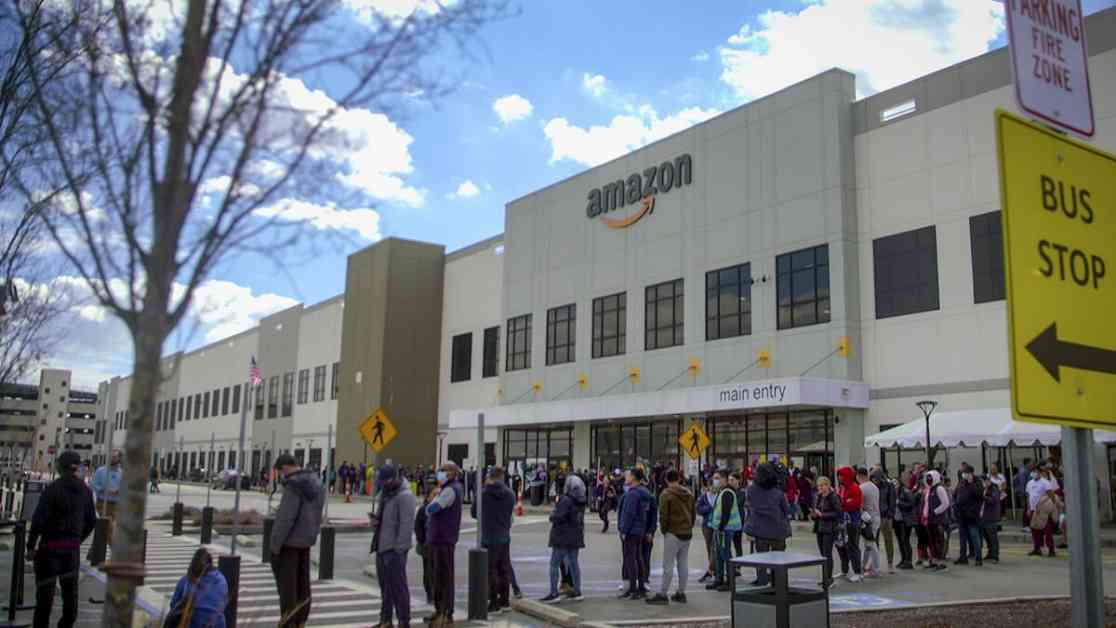California Employers Misuse 1st Amendment to Oppose Pro-Worker Law
California employers are facing scrutiny for allegedly misusing the 1st Amendment to push back against pro-worker legislation. On New Year’s Eve, the California Chamber of Commerce and California Restaurant Assn. filed a lawsuit in Sacramento federal court challenging Senate Bill 399, also known as the California Worker Freedom from Employer Intimidation Act, signed by Gov. Newsom on Sept. 27 and enacted on New Year’s Day.
Legal Battle over Captive Audience Meetings
The heart of the issue lies in the law’s prohibition of “captive audience meetings,” where employers compel workers to attend sessions featuring religious, political, and anti-union content. While the law doesn’t ban voluntary meetings, it specifically targets situations where attendance is mandatory under threat of adverse action.
William B. Gould IV, a former chairman of the NLRB and an emeritus professor of law at Stanford, describes captive audience meetings as “pernicious and coercive tactics” used by employers to intimidate workers during unionization drives. The law in California expands the ban to cover political and religious meetings, going beyond the scope of previous regulations.
Industry Impact and Legal Precedent
The National Labor Relations Board has historically allowed captive audience meetings, but a recent ruling in November overturned this practice, citing concerns about employer coercion. The NLRB’s decision to outlaw mandatory meetings related to unionization drives has set a new standard for labor practices.
A notable case involving Amazon.com’s anti-union campaign in New York highlighted the company’s aggressive tactics, including frequent mandatory meetings attacking unionization efforts. The NLRB found these actions to be in violation of labor laws, prompting a reevaluation of existing policies dating back to 1948.
Constitutional Challenges and Future Implications
The lawsuit filed by the Chamber and Restaurant Assn. argues that the ban on mandatory meetings infringes on employers’ 1st Amendment rights to free speech. While state officials have yet to respond, the plaintiffs claim that the law restricts their ability to communicate with employees on various subjects.
However, critics of the lawsuit argue that the legislation merely prevents employers from coercing workers into attending meetings under duress. The AFL-CIO has supported the law, emphasizing that it doesn’t impede employers from engaging with employees on relevant topics.
As the legal battle unfolds, the issue of federal preemption and state autonomy in regulating labor practices looms large. The potential impact of this case on future labor policies and the rights of workers remains a point of contention among legal experts and industry stakeholders.
In the midst of these legal challenges, the broader implications for workers’ rights and the balance of power between employers and employees underscore the complex landscape of labor relations in California and beyond. The outcome of this case could have far-reaching consequences for the future of workplace regulations and the protection of workers’ rights in the state.





















